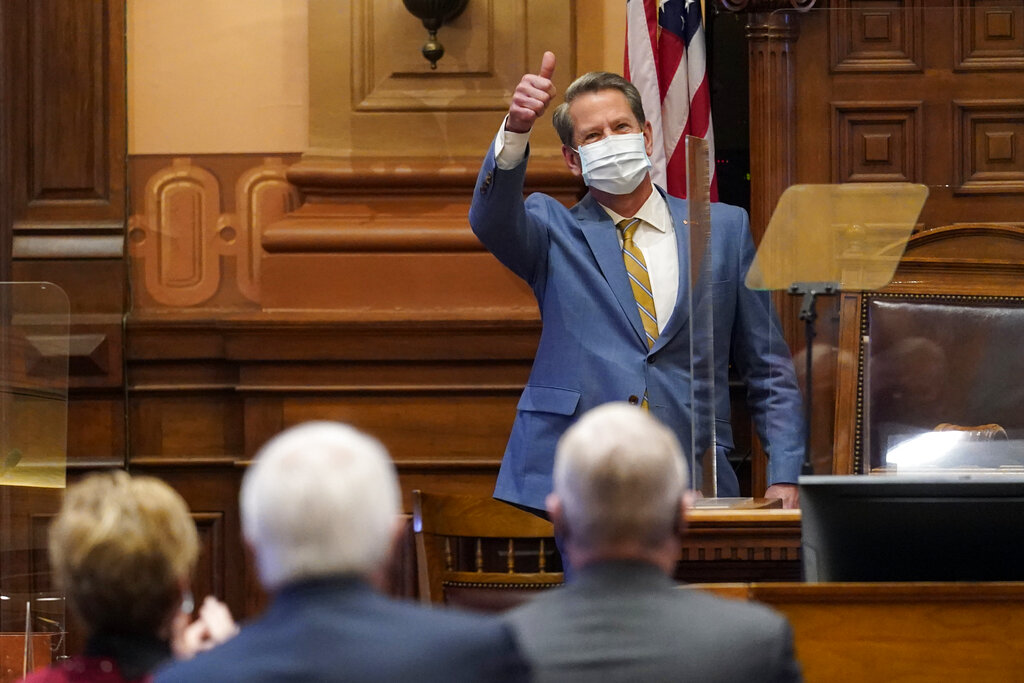Georgia Gov. Brian Kemp (R) spoke with CBN News Chief Political Analyst David Brody on why he wants the peach state to be a “sanctuary state” for the faithful.
Transcript of the interview is below the video.
David Brody: Well, Governor tell us about this “Faith Protection Act,” something your administration is behind and something that’s going to really help churches and other places of worship, obviously, especially as it relates to times of crisis and COVID specifically.
Kemp: Well, you know, my goal is for us to be a sanctuary state, if you will, for people of faith. I think this pandemic has shown us that, you know, people will overreach especially people in positions of power, and that’s not good. I don’t think in this republic that we have, or in the state of Georgia, and certainly, that really hasn’t happened here but looking around other states it was concerning to me that we shouldn’t have any governor or a future governor be able to stop religious services. That’s embedded in our Constitution. That’s a fundamental rock of this country and I’m glad to offer up to give you now that executive power that I’ve been given through a public health emergency, to make sure we protect people, our churches, and church leaders. Really work with us during the pandemic where we never had to shut down religious services, we asked them to help us be part of the solution, not part of the problem by either going online, doing outdoor services, socially distancing limiting the number of people that can worship but we never said shut anything down. And I’m proud to say that and we don’t want that to happen in the future and that’s what we’re fighting for.
Brody: So what would this act basically do? Would it curtail or restrict some of those powers of the government?
Kemp: Yeah, well just restrict, being able to shut religious services down altogether there still would be some flexibility to work, you know, depending on what the situation was and if we have another global pandemic, which I hope the good Lord will spare us from in the future but, you know, we did put some, some guidelines in and some regulation so churches could open up. You know good common sense things like social distancing, hand sanitizing, cleaning practices, and things of that nature. We’ve kind of taken the view down here David is you know we can do this. We got to work together to figure out how we do it. We got to work with our public health partners. We got to work with either the business or the religious institution or whatever entity. It is to find how to do that, but we know we can do it.
We can’t just stay sitting in our living room or basement for months and months at a time, that is not healthy. That’s not healthy for our mental health and certainly, people going to church and being able to gather or worship, whether it’s in person or virtually is healthy for people, it’s healthy for their mindset, and it’s just really the fabric of who we are and we’ve done that responsibly here.
We want that to be the case in the future we don’t want to allow, you know, any person, including myself to be able to weigh in that now or in the future like we saw and other states and so that’s why we’re taking this action.



